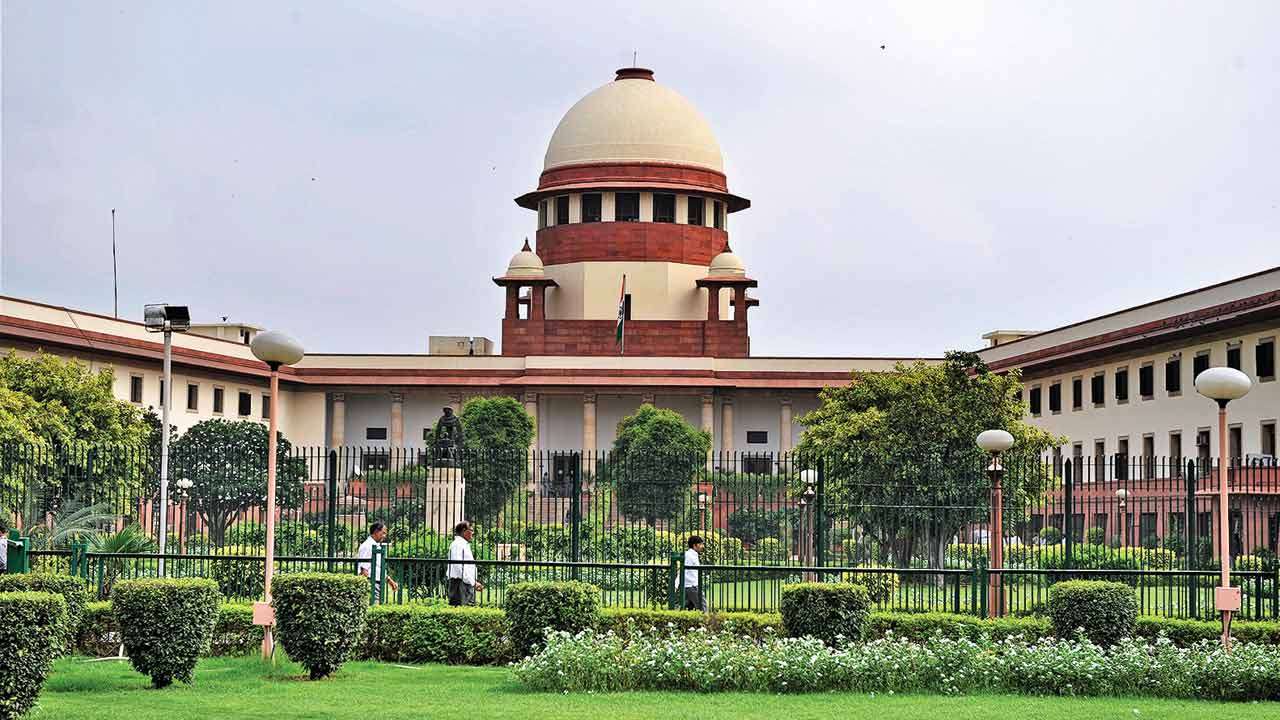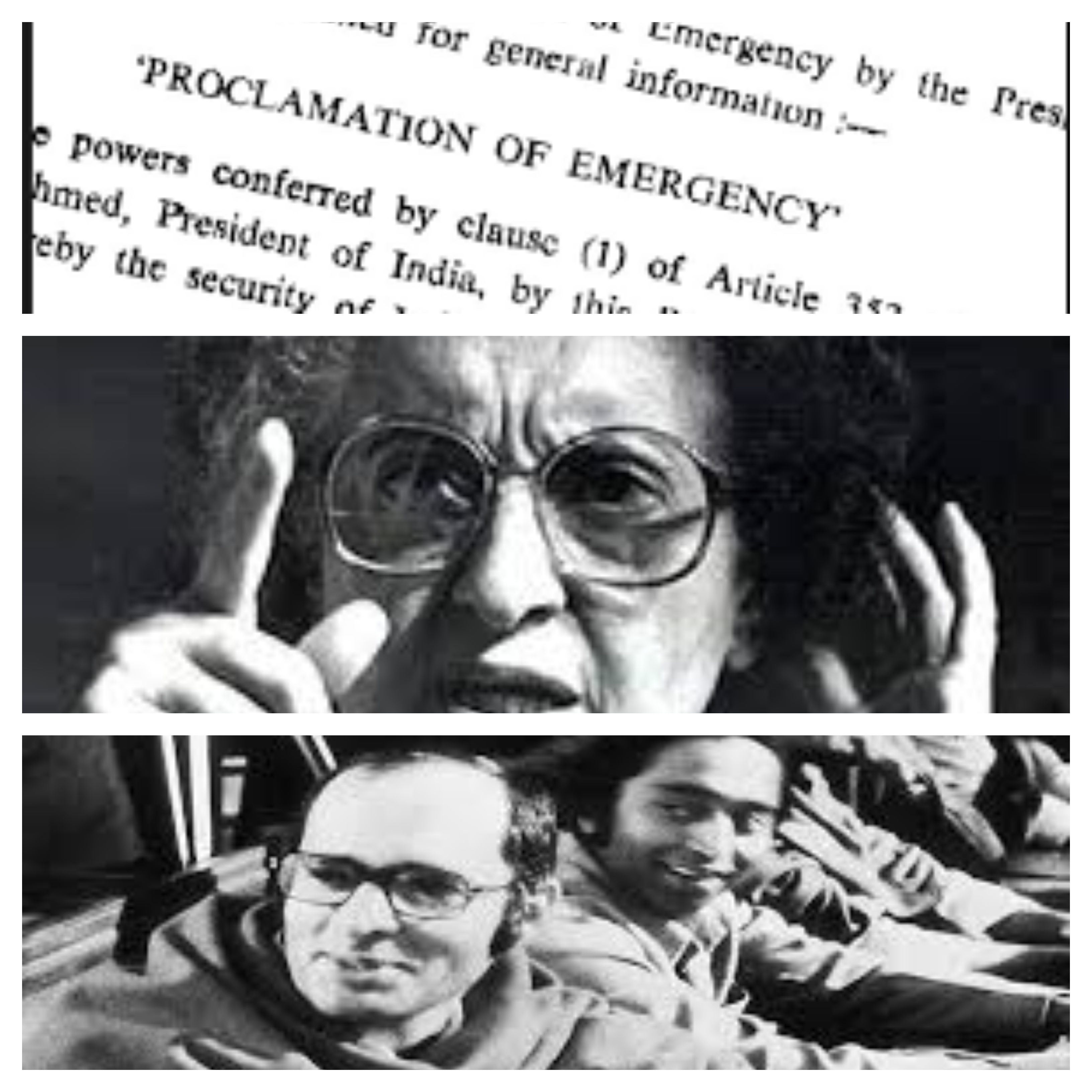

By Linus Garg
First publised on 2023-08-07 14:28:47
The government has taken a significant decision to extend the benefits of information technology to approximately 6 lakh villages in the country. It has allocated nearly Rs 1.4 lakh crores for connecting around 6 lakh 40 thousand villages with the BharatNet service in India. In the past eight months, a pilot project was implemented, connecting 60 thousand villages with the service, which was successful. Based on this success, the decision to expand the project has been made.
Bharat Net is considered the world's largest rural broadband service. The project started in 2011 under the name "National Optical Fiber Network" and was later renamed "Bharat Net" in 2015. The goal of this initiative is to ensure that no part of the country remains disconnected from the internet. The plan aims to provide internet connectivity to various institutions such as schools, hospitals, post offices, police stations, and panchayats through Wi-Fi, broadband, or fiber networks.
Despite its ambitious goals the project faced challenges, including delays in implementation and increasing costs. Concerns were raised about the timely completion of the project and its escalating expenses. Another issue was the decision to involve the public sector BSNL (Bharat Sanchar Nigam Limited) in implementing the Bharat Net project, despite BSNL's history of being a slow telecommunications service provider.
Furthermore, the PPP (Public-Private Partnership) model was used to implement the scheme but some criticized its slow progress and complained that private partners were not interested in providing last mile connections in rural areas. But with the allocation of sufficient funds, it is now expected that taking optical fibre broadband to India's remotest villages will be a dream that will come true in the next few months. It will be a huge step in making India truly digital.











